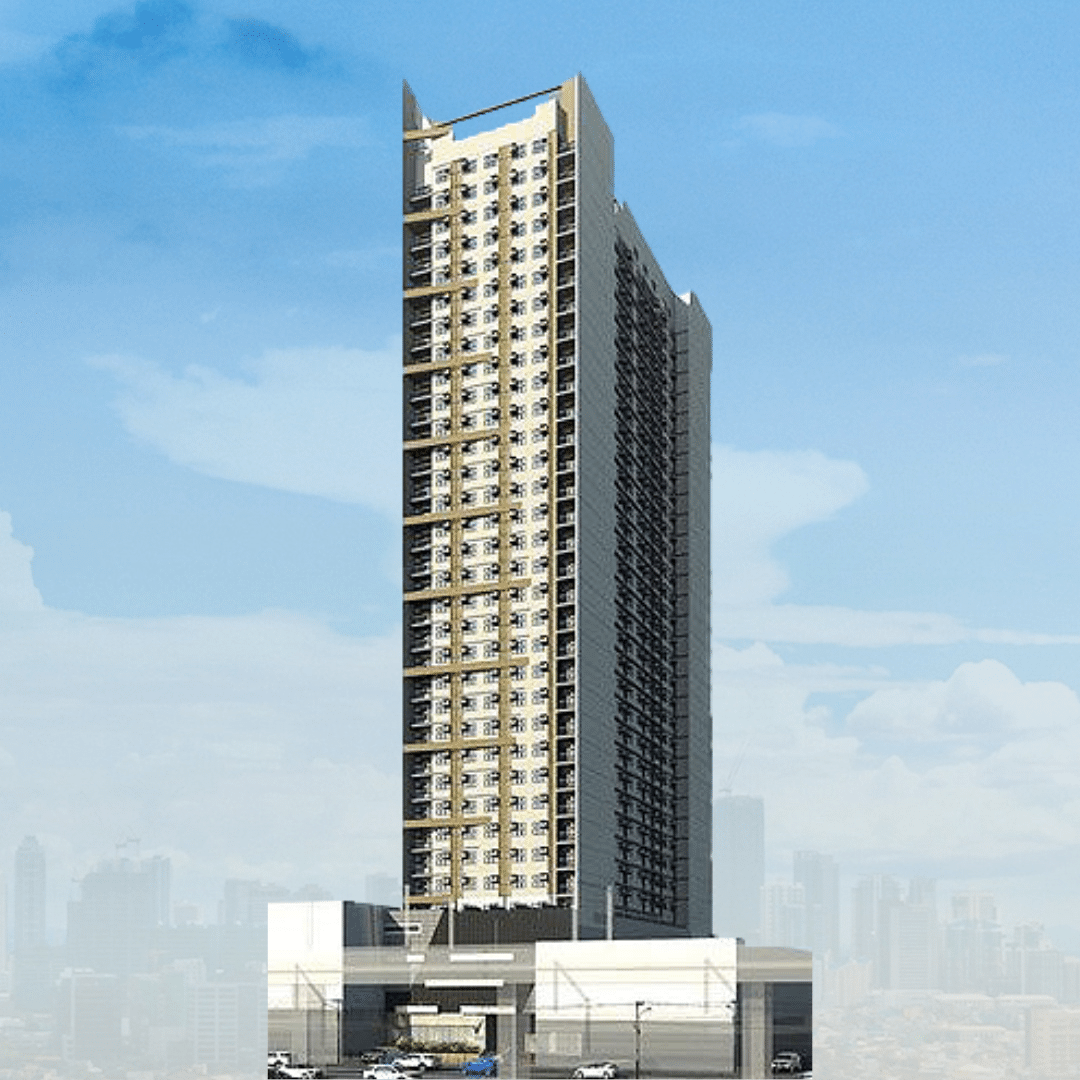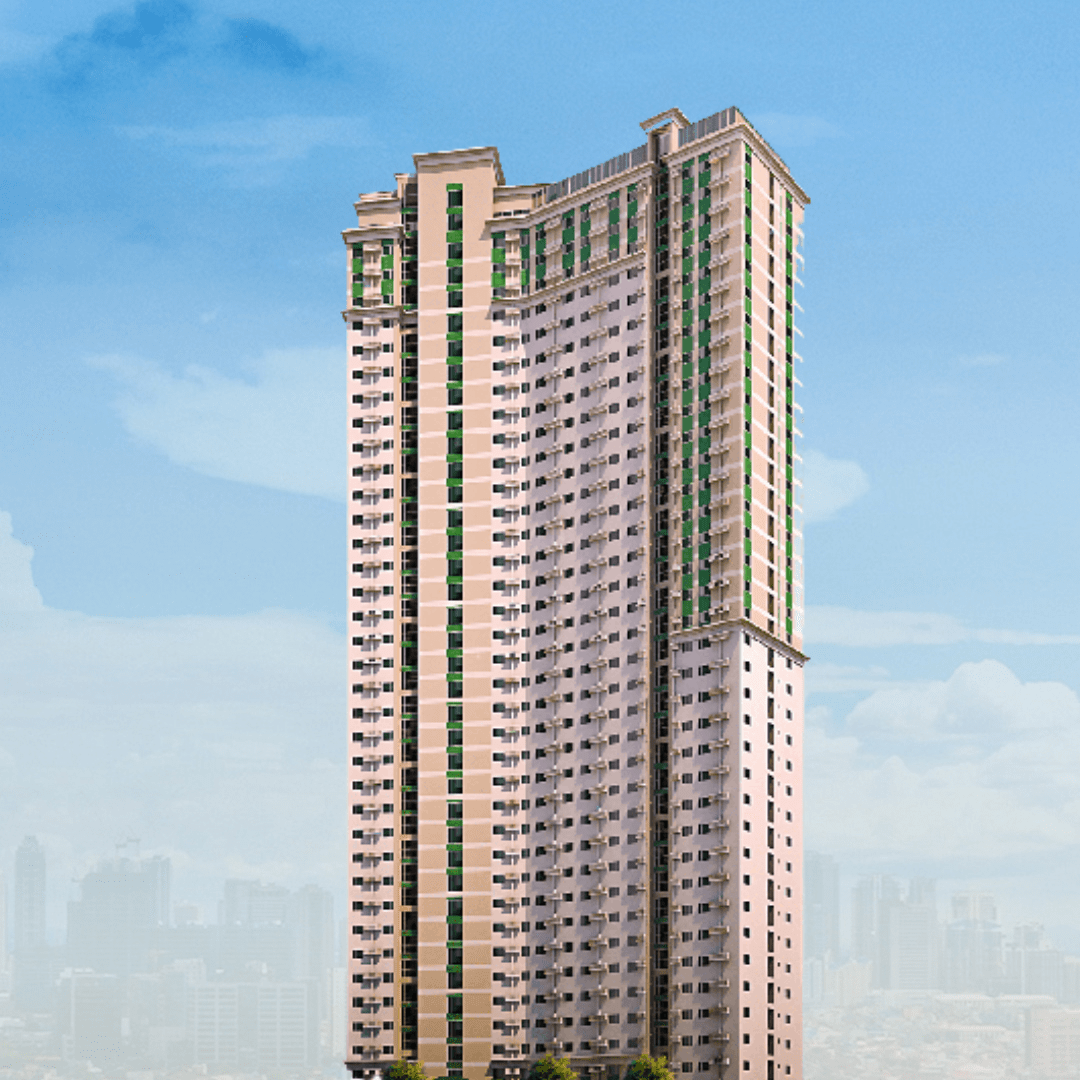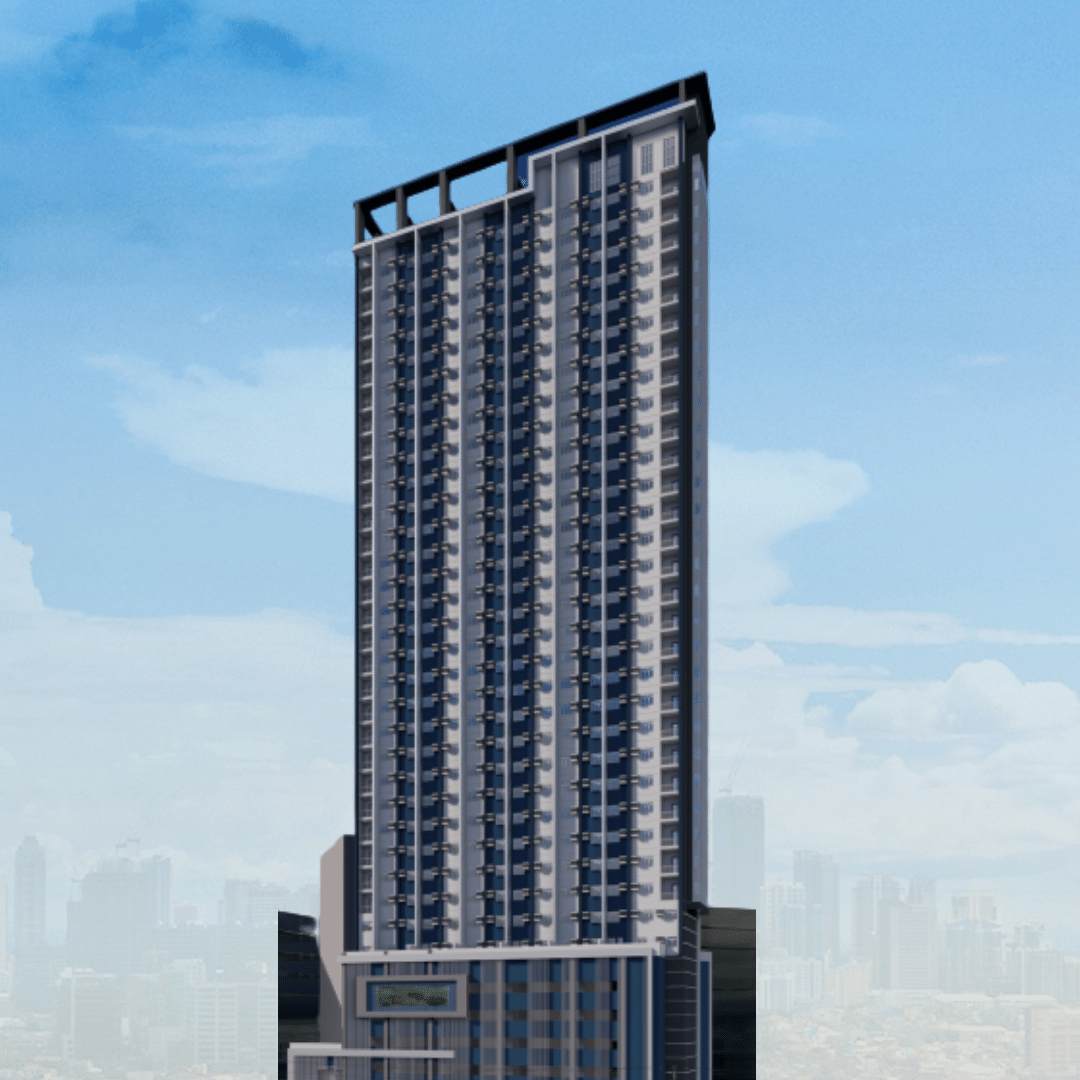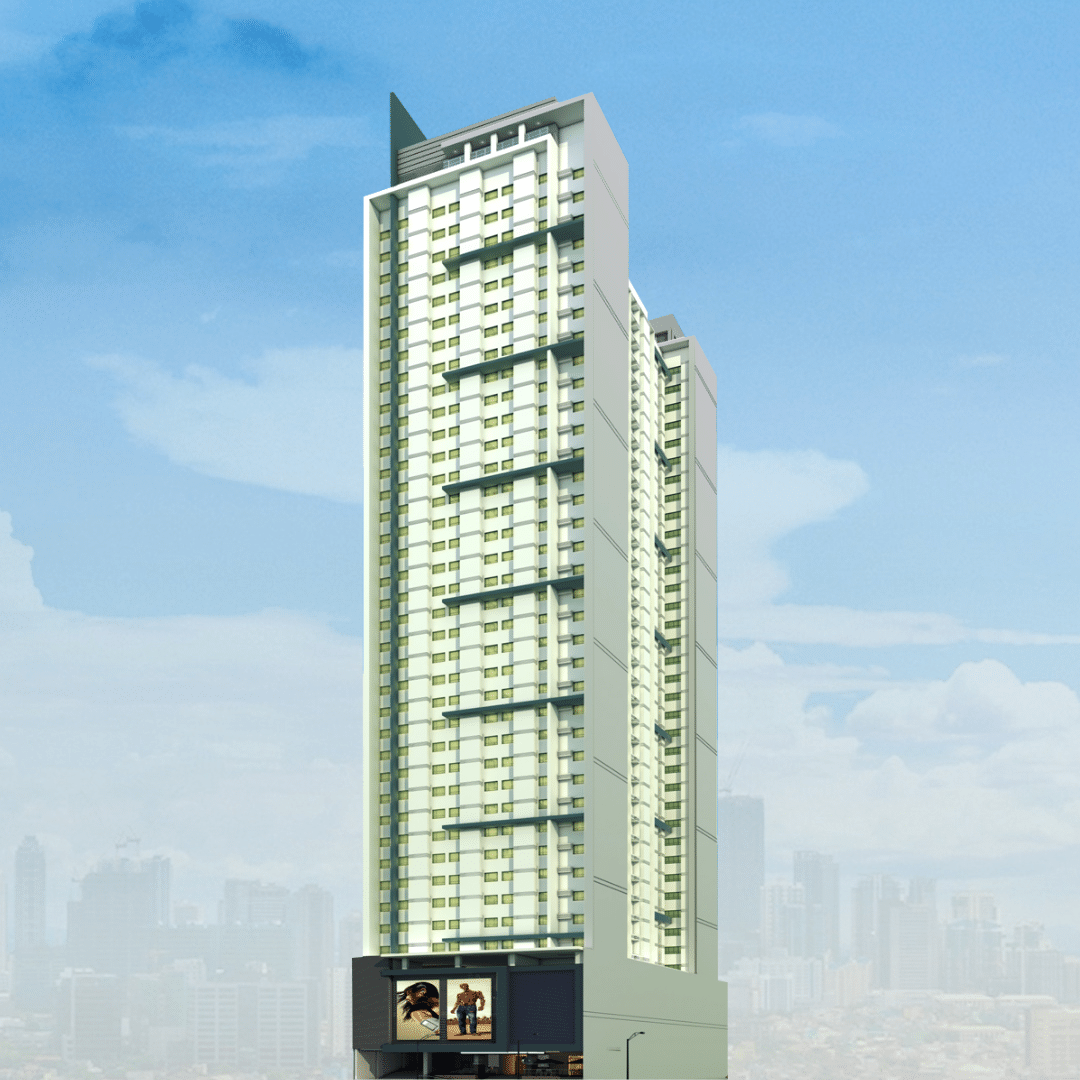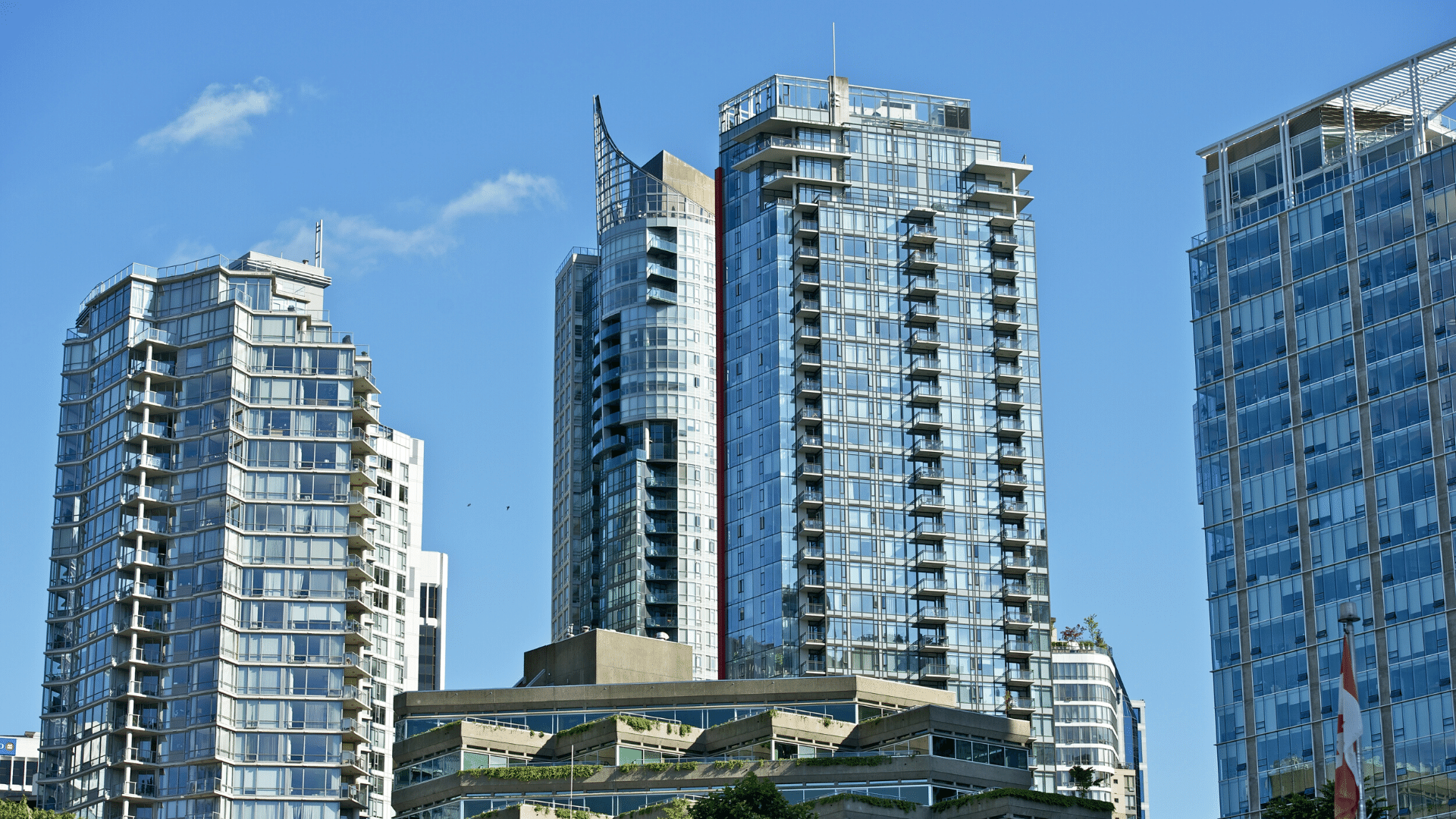Filipinos who work overseas for months or even years in order to provide a living for their families are known as Overseas Filipino Workers (OFWs). However, as everyone knows, it's not as simple and spectacular as we always thought to work abroad. Even though we Filipinos are often tightly connected as a family, staying separated from our family and friends for extended periods of time not including having to earn a living in a foreign nation can eventually take an effect on any individual.
Because of this, many of our overseas Filipino workers (OFWs) are always looking for side jobs, regardless of whether they are employed abroad, with the goal of earning sufficient resources to become financially healthy and to stay in their own country sooner or later. Additionally, renting out a condo happens to be one of the profitable endeavors that many of our OFWs engage in. This is actually not that bad, given the recent surge in demand for condo rentals.
What follows is an OFW guide to leasing a condo in the Philippines if you are an overseas Filipino worker (OFW) who owns a condominium and wishes to lease it out while you are away. This will allow you to secure your investment while you are away and earn some extra cash.
How to Lease your Property While you are Away
When it pertains to handling their properties in their homeland, especially condominium units, overseas Filipino workers (OFWs) frequently find themselves in an unusual position. For overseas Filipino workers (OFWs) looking to secure a dependable source of your earnings while working overseas, leasing out a unit in a condominium in the Philippines may prove a wise financial decision.
But figuring out the procedure might be intimidating, particularly when you're far away. Here is a thorough guide to assist OFWs with leasing out their condos in the Philippines:
1. Recognize laws and regulations
Recognize the rules and legislation governing property management office in the Philippines. This covers the Civil Code of the Philippines, the Rental Control Act, rental listing agreement, tenant rights, lease terms, and any required licenses or permissions.
Remember that you need to confirm that every demand you have for leasing is lawful. This is to guarantee that the law will protect both you and your tenant. It is imperative that you get advice from a professional as you must possess the appropriate awareness and knowledge to successfully manage a property.
It will take some time, but once you have all you need, you can rent out your condo without any opposition. This plan will earn you a good income, even if it can involve a lot of paperwork.
2. Tending to the property's needs
Make sure your condo is ready for occupancy and in good condition. If you're reside in the country, give the unit a good cleaning; if not, try getting in touch with some friends or family to handle any necessary repairs. You might also want to think about painting it. Verify that every fixture and appliance functions properly.
You are in charge of making sure the condo is free of damage. As the landlord who understands how to take responsibility for the property. To ensure that everything works out in a way that benefits everyone, make sure you have a strong basis of trust with your tenant.
3. Promote your home.
Make use of a variety of marketing avenues to draw in prospective tenants. Post eye-catching ads, list your house on rental websites, and think about advertising on Facebook, Instagram, TikTok, and other social media sites, as well as local classified ads. Add crisp images and an in-depth overview of the real estate.
Recognize your intended market. It's critical to market your apartment to the appropriate audience. Perhaps you're in an unsuitable market if you feel like you can't find a tenant. Investigate the workings of the real estate industry. This might be a really useful tool for luring in new renters.
4. Decide on a fair leasing cost.
To find a reasonable and competitive monthly rent, investigate the local rental market. Take into account elements such as leasing property demand at the moment, dimension, place of residence, and features.
Make sure the price you offer for a condo apartment is fair and within your means. It's imperative for landlords to recognize that prospective tenants have food needs as well. Future renters will gladly pay for your property if you try to be mindful of the cost. Establish fair leasing terms and prices at all times. Keep in mind that you want to give your tenants a positive leasing experience.
5. Make a detailed lease agreement
Create a comprehensive and legally enforceable lease agreement that addresses all the essential points, including the length of the lease, the rental payment schedule, the protection deposit, pet regulations, the tenant's responsibility for regular consumption, and any other particular conditions you think are significant. Seek legal advice if necessary.
The creation of a rental agreement is an important step that you should not skip. Tenants or future tenants, the property you own, and you property owners will all be safeguarded by this. Make sure you seek professional advice and draft any desired clauses. Your contractual relationship regarding your client will be based on this lease contracts.
6. Keep your paperwork in order.
Maintain well-organized copies of all papers pertaining to rentals, such as leases, invoices, letters, and upkeep logs. This will assist you in handling any future issues and effectively managing your property.
It takes a lot of labor to rent out a property. It is your duty as a landlord to treat your tenants with respect. Your task will be lot easier if everything is kept on file. It's no joke to manage a rental property. Numerous matters required attention. include the rent, upkeep, fees, and a host of other things. Being organized is essential for being a good renter. To prevent future disputes on the lease, try to stay as orderly as you can.
7. Research possible tenants
Create a screening procedure to thoroughly assess potential tenants. This could entail getting references from prior renters, confirming job and earnings, and running background investigations.
To guarantee openness and prevent miscommunications in the future, make sure that applicants are aware of your leasing requirements and criteria.
Even while this may seem like a lot of work, the goal is to protect the assets you own and prevent needless rent payments that the tenants won't be able to make in the not too distant future.
8. Assess the Property from a Distance
Manage the condominium from a distance with the help of technology. Digital record-keeping tools, electronic repair request forms, and online payment portals are just a few examples of the technologies you can use.
Build up a trustworthy network of local connections, including property managers, maintenance staff, and other people you can rely on to help you take care of the property while you are away.
Several OFWs choose to handle their own property while they are abroad by getting in touch with dependable friends or family members. This option will reduce your rental income (the amount you are paid for maintaining your property), but it will give you piece of mind knowing that the person managing it is someone you can rely on.
9. Keep up to date and seek expert assistance
Stay informed about any changes to the leasing industry and regulatory landscape in the Philippines that can affect your lease contract. If there are large property investors that increase the value of your area as a whole, be sure to stay up to date with the buildings surrounding your apartment as well.
For hassle-free leasing and assistance with managing your condo's daily operations, think about hiring a reliable property management company.
In Closing
For overseas Filipino workers (OFWs), leasing out a condominium in the Philippines can be a profitable financial option, but it also comes with a lot of responsibilities in terms of legal compliance, meticulous management, and careful planning. Although earning a living overseas, OFWs can optimize the profits on their real estate assets by heeding these advice and getting professional guidance when necessary.

